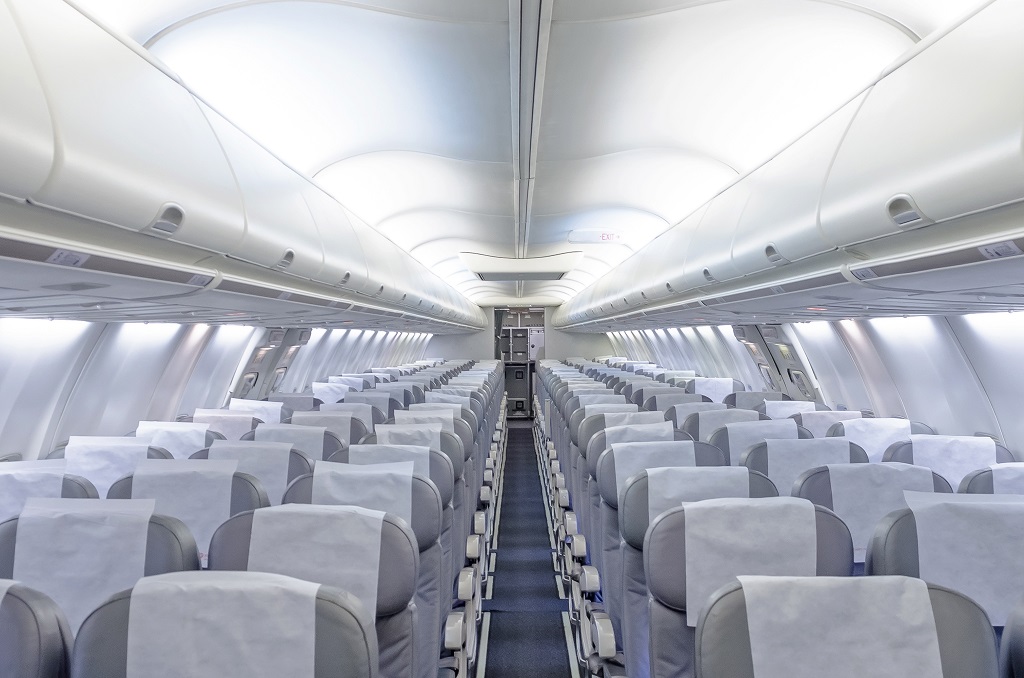Answered by our Expert
With 28 years of experience arranging holidays for my clients, there is very little I don't know about travel, I am a precision planner and take pride in the journeys I create. With my extensive knowledge, and being very well travelled, having visited over 90 destinations, I have invested heavily in ensuring I have very important contacts around the World, in the knowledge that my clients will always treated like VIP's.
South Africa, Tanzania, Kenya, Caribbean, Pacific Islands, Far East, Indian Ocean, Mediterranean, Middle East, United States, Canada, South America, South East Asia
Beaches, Cruise, Heritage & Culture, Luxury, Romantic, Spa & Wellness, Weddings and Honeymoon, Safari
Shopping, Architecture, Art, Celebrity, Consumer Rights, Film, Food & Drink, Music
I understand your concern and I am glad to provide you with some information that may help ease your fears about flying.
Firstly, in terms of safety, all parts of the airplane are designed to be safe. Modern commercial aircraft are engineered to withstand a variety of adverse conditions, and extensive safety protocols are in place to ensure that the aircraft is always in good working condition.
All parts of a commercial aircraft are designed to be safe, and the chances of a plane crash are extremely low. However, studies have shown that sitting in certain areas of the plane may have a slightly higher chance of survival in the unlikely event of a crash.
The safest seats on a plane are generally considered to be in the rear of the aircraft. In a study conducted by Popular Mechanics, researchers analyzed data from every commercial jet crash in the United States since 1971 and found that passengers seated in the rear of the plane had a 69% chance of survival, compared to just 49% for those in the front.
Additionally, passengers seated near an emergency exit may also have a higher chance of survival, as they are closest to the exits and may be able to evacuate more quickly in an emergency.
Regarding the likelihood of a plane crash, statistically speaking, air travel is one of the safest forms of transportation. The chance of being involved in a plane crash is extremely low, with the odds of being in a fatal crash being around 1 in 5.4 million.
Furthermore, airlines invest heavily in pilot training, aircraft maintenance, and safety procedures to ensure that all flights operate safely.
It is also worth noting that the fear of flying is a common phobia, and there are various techniques and therapies available to help individuals overcome their fear. If you feel that your fear is impacting your ability to travel or enjoy life, you may want to consider seeking professional help from a therapist or counselor who specializes in treating phobias.
In conclusion, while it is understandable to have some fear about flying, air travel is statistically one of the safest modes of transportation, and every part of the plane is designed with safety in mind.




















